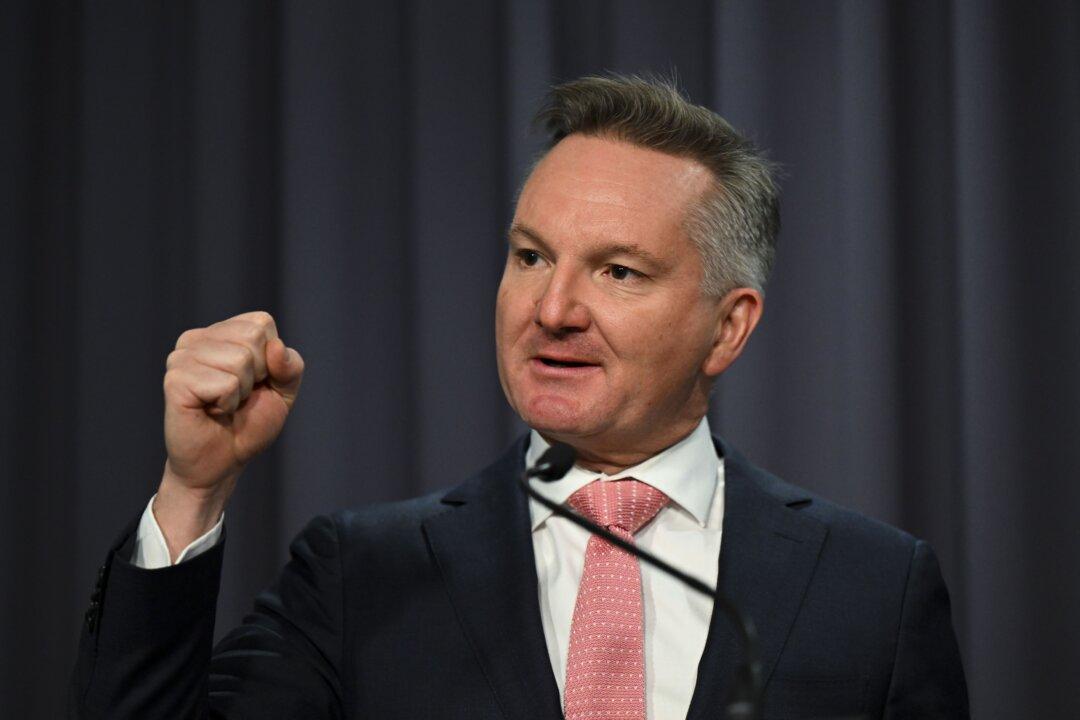Energy Minister Chris Bowen has blamed Australia’s current electricity shortage on a supposed lack of investment in renewable energy and storage facilities from the previous government.
The Labor minister was responding to questions on whether Australia should simply increase—or repair—coal-fired energy generators that already provide around 64.67 percent of the country’s total electricity, as of December 2021.





